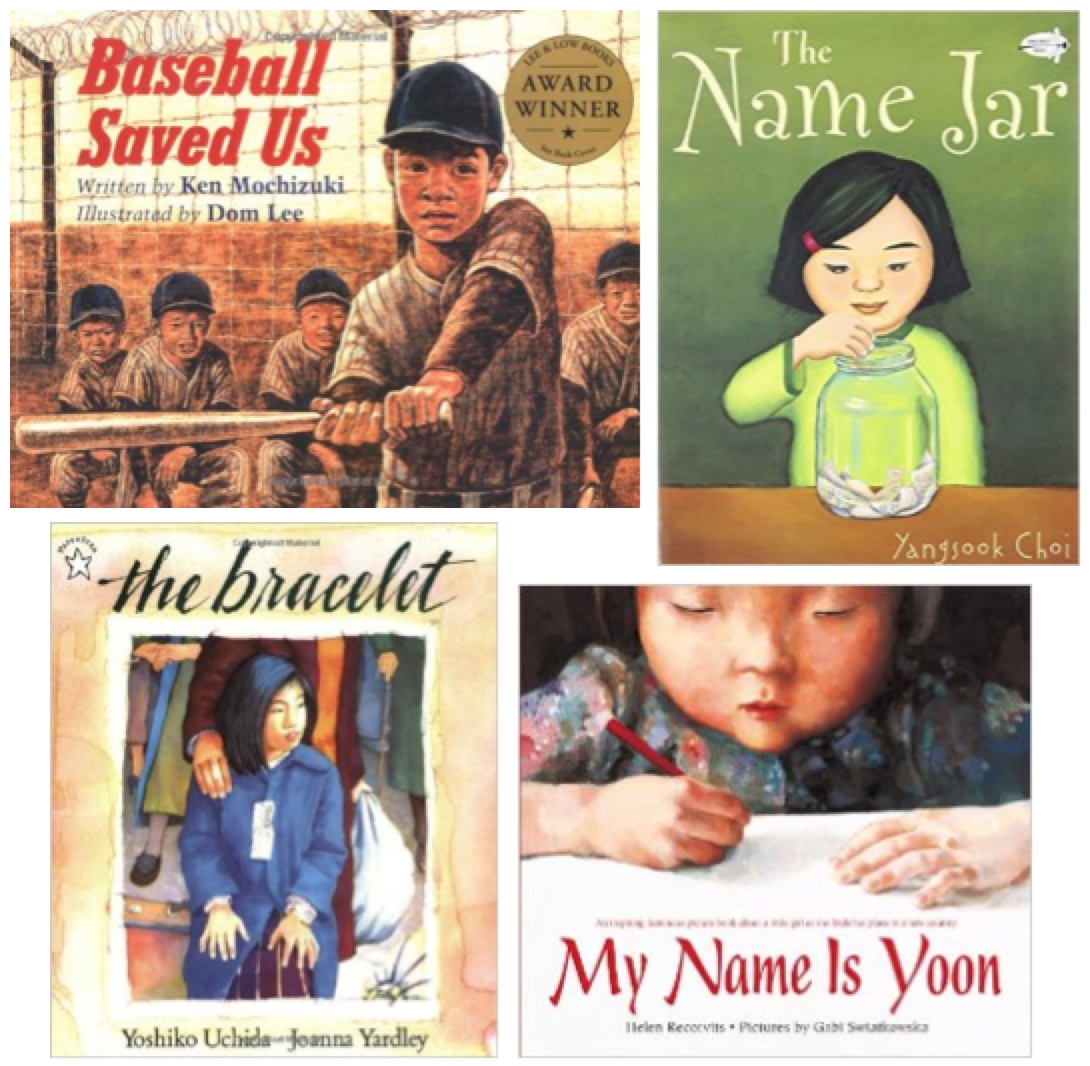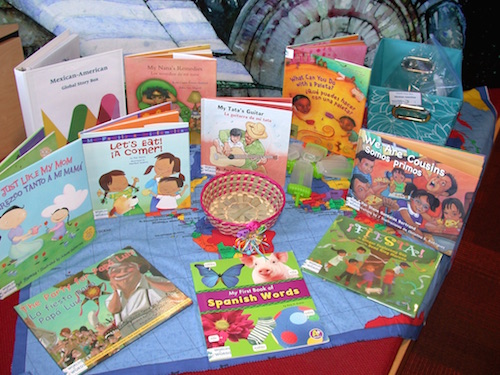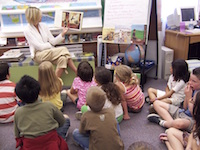By Yoo Kyung Sung, University of New Mexico,
and Junko Sakoi, Tucson Unified School District
A couple of weeks ago, I (Yoo Kyung) celebrated a student’s cross-departmental achievement. At the dinner in honor of this achievement, the strawberry ice cream prompted those at my table to share their “favorite” things. With my reputation as a teacher of children’s literature courses at a local university, my table-mates asked what my five favorite children’s books were. Then someone asked me, “Do you think children’s books in this country are getting better or worse?”



 Picturebooks convey stories in both written text and pictorial text (art), with both texts being essential to telling the story (Kiefer, 1995; Sipe, 1998). The art has meanings or perspectives not offered in the written text just as the written text has meanings/perspectives not available in the art. When no written text is present, the story is told only through the art. Typically these books are referred to as wordless books. My co-researcher Ray Martens, an artist and art educator, however, calls them pictorial books to emphasize the importance of the art in telling the story rather than identify these books as lacking words.
Picturebooks convey stories in both written text and pictorial text (art), with both texts being essential to telling the story (Kiefer, 1995; Sipe, 1998). The art has meanings or perspectives not offered in the written text just as the written text has meanings/perspectives not available in the art. When no written text is present, the story is told only through the art. Typically these books are referred to as wordless books. My co-researcher Ray Martens, an artist and art educator, however, calls them pictorial books to emphasize the importance of the art in telling the story rather than identify these books as lacking words. 






